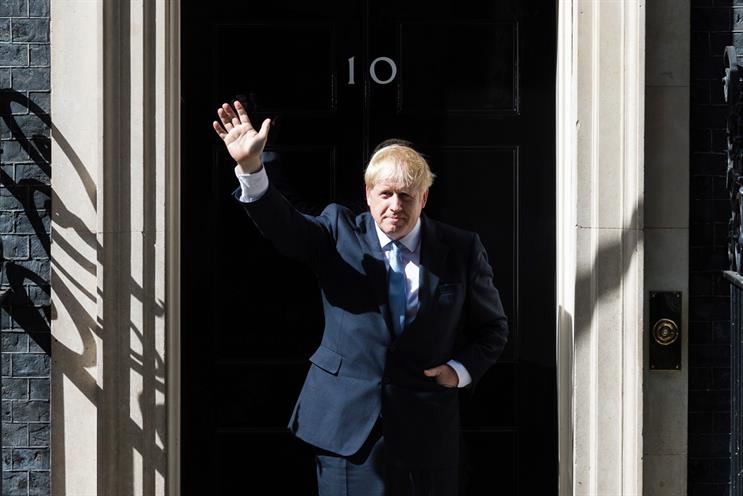
As the Brexit deadline on 31 October approaches, consumers are increasingly worried about a series of possible negative outcomes if the UK leaves the European Union without a deal, new research suggests.
Sixty-four per cent of consumers are now concerned about declining disposable income due to price rises, according to the7stars’ latest QT report, which polled 1,000 UK consumers. That figure is up from 52% the last time the question was asked in November 2018. Sixty-four per cent are also concerned about the devaluation of the pound, up from 47% over the same period.
More than half (53%) are now worried about access to medicine, up from 40% in November last year, while 46% (up from 33%) are concerned about food shortages. More than half of those surveyed (54%) are now worried about increasing racism and intolerance, up from 48% in November 2018.
Since it started in November 2016, the QT report has asked consumers about their overriding emotion at the present moment. The latest figures suggest the ongoing Brexit process is having a damaging effect: those saying fear is their predominant emotion now account for 10%, the highest figure yet, and up from 7% in May.
The two most common answers to this question have swapped places since May, which was close to the start of the current extension in the Brexit negotiating period, after parliament voted down Theresa May’s exit deal before the original Brexit date of 29 March.
In May, the most common answer given to the question about their present overriding emotion was "bored", at 27%, followed by "worried" at 21%. But 30% now say they are worried, with only 18% saying they are bored. In contrast, there has been a slight increase over the past three months in people reporting they feel relieved (12%, up from 9%), happy (6%, up from 5%) or excited (7%, up from 5%) – perhaps reflecting the strong support for Boris Johnson’s plans among many Brexit supporters.
Frances Revel, insight team lead at the7stars, said the data could challenge the usual thinking of people typically remaining positive about their own personal financial situation, despite being pessimistic about the economy as a whole.
That contradiction, she said, could be explained by overconfidence bias: "People don’t yet know how Brexit will affect them on a personal level, which may be why consumer spending remains high and we may yet avoid a recession."
But this state of affairs "remains delicate", she added, meaning brands must be wary of the possibility of consumers reining in their spending. She continued: "As our data shows, moods can change quickly. Any attempt to personalise Brexit for people – however well-intentioned – may risk upsetting the otherwise stable consumer-spending applecart.
"For that reason, expect campaigns to be high-level, positive and light on detail – making you question what impact they actually aim to have in positively changing behaviour."




.jpg)
.jpeg)
